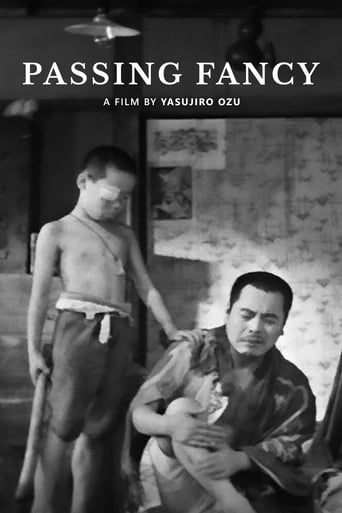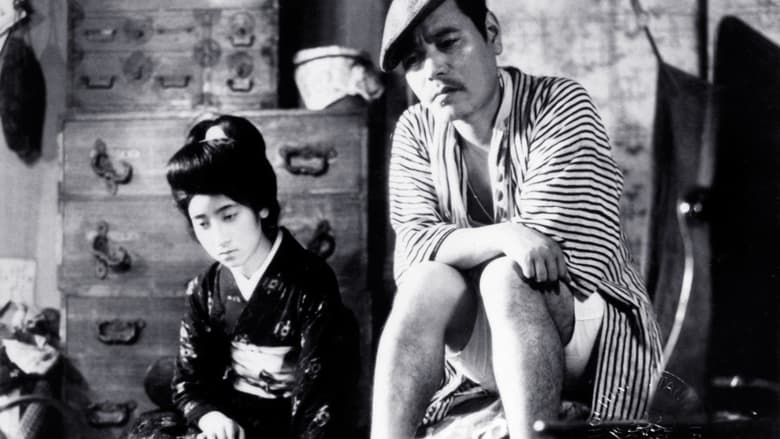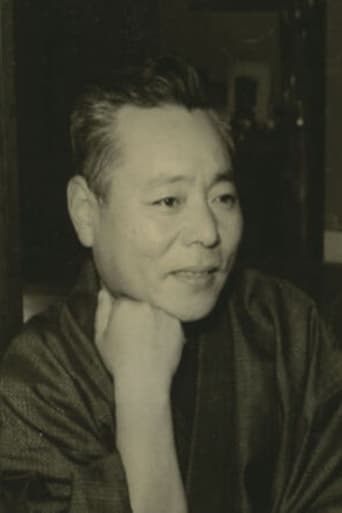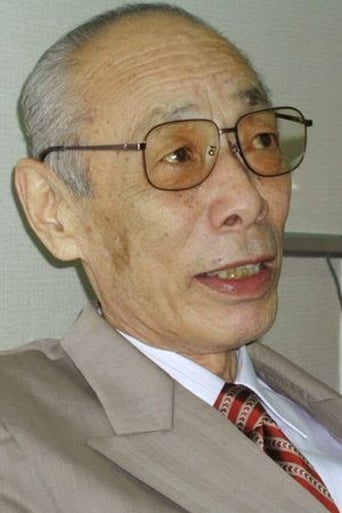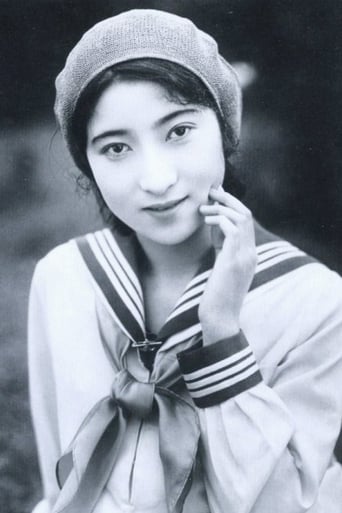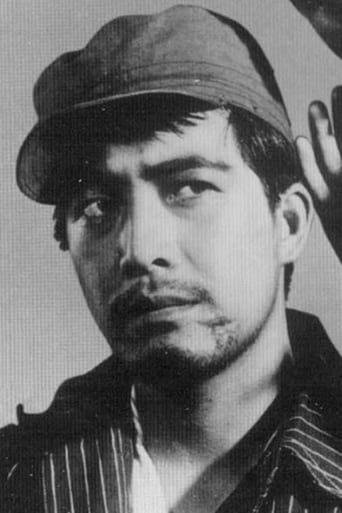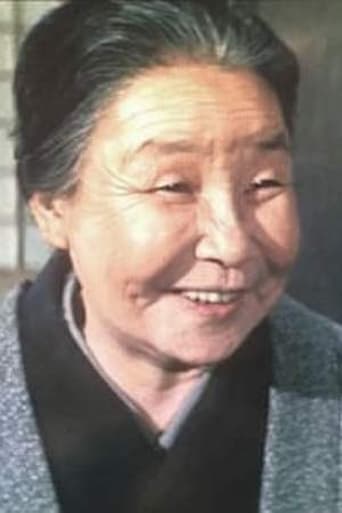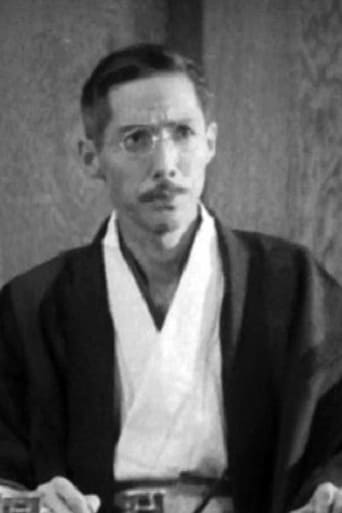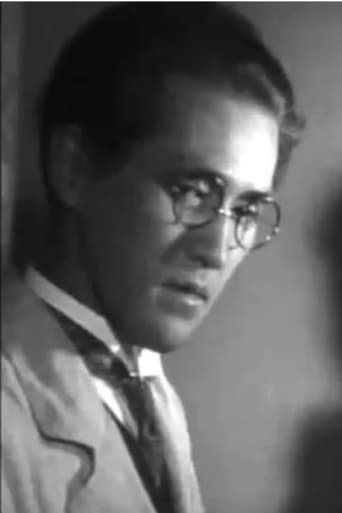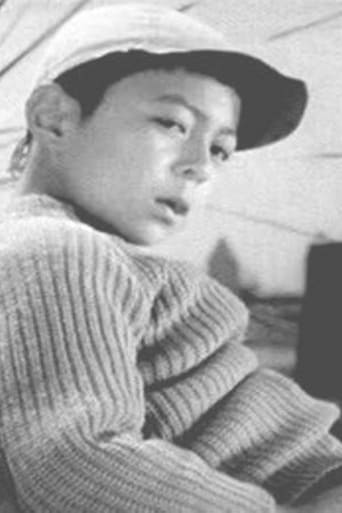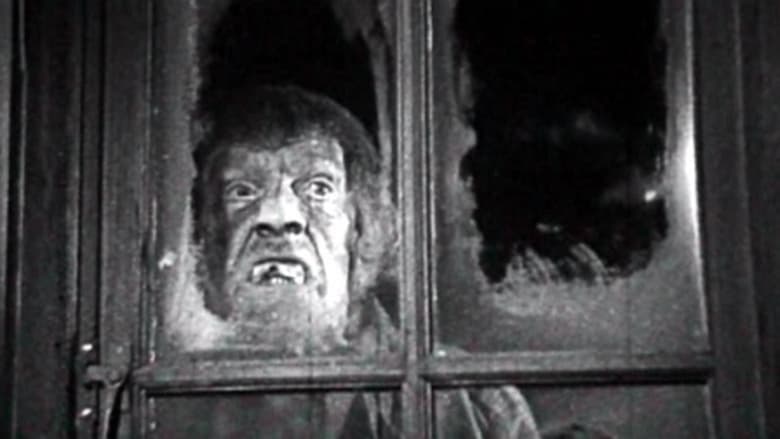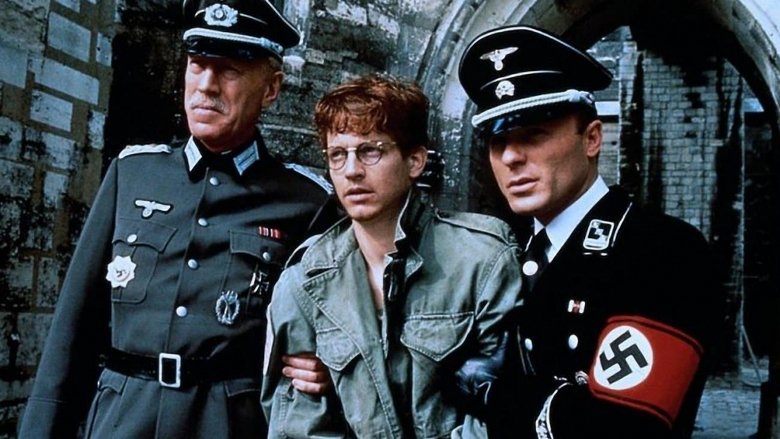In Depression-era Tokyo, a struggling middle-aged single father with a young son comes across a homeless young lady and convinces a bar owner to take her in.


Reviews
In Passing Fancy we can see Yasujiro Ozu edging, however reluctantly, toward sound. For a silent movie it has an extraordinary number of intertitles, reflecting a stronger reliance on dialogue to carry the story and the relationships of the characters. Ozu even departs from convention on occasion to show a title card before the character has spoken the line. The film also shows more of the development of Ozu's personal style as a director than some of his contemporary silent films do: There's a greater reliance on low-angle camera-work, his so- called "tatami shots," and a more frequent use of shots of streets and buildings that don't necessarily carry information about the plot and characters but serve as something like "chapter breaks" in the narrative. But film technique aside, Passing Fancy would be remembered as one of Ozu's most charming early films. Takeshi Sakamoto plays Kihachi -- a character name the actor would retain in other films by Ozu, including A Story of Floating Weeds (1934) and An Inn in Tokyo (1935). The several characters are discrete from one another, although the Kihachi in Passing Fancy bears some resemblance to the one in An Inn in Tokyo in that they are both single parents of a son played by the marvelous child actor Tomio Aoki. (If you're not confused yet, let me also add that in Passing Fancy Aoki is billed as "Tokkan Kozo," the title of a 1929 Ozu short film based on O. Henry's "The Ransom of Red Chief" in which Aoki appeared. Oh, and that in Passing Fancy, the character is named Tomio.) Anyway, Kihachi and Tomio share rundown lodgings with Jiro (Den Obinata), who works with Kihachi in a brewery. Tomio is a good student, and he's a bit embarrassed by his illiterate and occasionally drunken father. One night, Kihachi and Jiro encounter a young woman, Harue (Nobuko Fushimi), who has just been fired from her job and is looking for a place to stay. Jiro is suspicious that Harue is "no better than she ought to be," as the saying goes, but Kihachi is smitten with her and arranges for her to live with and work for Otome (Choko Iida), a woman who owns a neighborhood bar-restaurant. Kihachi begins to spruce himself up to woo Harue, but she's more attracted to the younger and handsomer Jiro. Eventually, Otome persuades Kihachi that he's too old for Harue and that he should try to get Jiro to return her affections. Then Tomio falls ill and, following the familiar sick-child motif of many Japanese films in the 1930s, Kihachi is pressed to find a way to pay the doctor bills. Ozu's generous humor and genuine affection for his characters suffuses the film, and the splendid rapport of Sakamoto and Aoki as actors provides a special insight into the often volatile father-son relationship. There's a wonderful scene, for example, in which Kihachi slaps Tomio once too often and the boy turns around and begins to pummel his father, who submits, resulting in a deeper understanding between them. The screenplay is by Tadao Ikeda, from a story by Ozu under his pseudonym James Maki. The cinematographers are Hideo Shigehara and Shojiro Sugimoto. (charlesmatthews.blogspot.com)
Like many Ozu films, 'Passing Fancy' is about the difficulties of father-son relationships, set in a small Japanese town, mostly passing with the intimate indoor conversations of characters, which framed in a certain way manages to reveal great depth. In this particular instance, in a one room house with few furnishings and damaged walls, the father and son are very poor, but the arrival of an unknown young female to the town sparks a love interest. It's a pity a film with so much great dialogue is silent, but the technology may not have been available to them at the time in Japan, and once you get used to the rhythm (which only takes a scene or two) it is not something that bothers you. Kihachi is a loveable fool, who smiles and charms easily, but drinks excessively, skips work often, and slowly reveals a raw unattractive side with insensitivity towards his son. You will cheer him on one minute, and despise him the next. It's a film about the difficulties of money, but even more so about responsibility - of being a father, educating our children well, and in the way we conduct relationships.Ozu films are always associated with home and family and friends but the strong feelings he generates seem rarely to dip into sentimentality. Often it is the small details that stand out - holding that frame of the suburban background just an extra second or two after after the character exits - a small touch, but one that allows time for reflection. Or in the scene where the child slaps the father, how he scrunches up his pants before doing so, the tiniest gesture to reveal he has doubts or concerns about doing it. Ozu trusts the tiny details - blink and you'll miss them - to reveal the big, which makes his films feel both humble and meaningful at the same time. They are wise, not showy.The third act and particularly the very end is the only part of this film melodramatic enough to feel written for a movie, but it redeems itself by rounding off a great joke and finishing as it began - with a dose of humour amid an otherwise dramatic tale.
This rarely screened silent gem shows Ozu rather early in his career. It presents the story of a poor factory worker trying to raise his son despite many obstacles and hardships. The biggest obstacle of all is the father himself who, though well intentioned and charismatic, makes one mistake in judgment after another. The father manages to get through all his many trials and tribulations thanks to the support (not always warmly) given by his friends and neighbors.The most interesting thing for me about Passing Fancy is the way it uses a quite hard boiled, gritty realism and coarsely drawn, boorish characters to elicit very tender feelings in the viewer. The mixture of humor and pathos that advances the plot would be impossible for lesser directors or a weak cast to pull off, but in the hands of this troupe the whole enterprise succeeds wonderfully. Somehow, you may find yourself tempted to cry despite the near-total absence of sentimentality.The acting is excellent all around, but the young boy deserves special mention. To Japanese, particularly at the time, the boy's behavior must have seemed shockingly inappropriate and unfilial, but his antics and facial expressions are very funny.It is hard to believe that this is one of three movies that Ozu directed in 1933 alone. If the opportunity arises to see this movie, make every effort to see it.
Takeshi Sakamoto and Tokan Kozzo team up memorably yet again as an unemployed illiterate drunk and his resentful son, in this sentimental study of working class father-son relationships. As in I WAS BORN BUT... and TOKYO CHORUS, Ozu explores how children measure their self-esteem in their parents.
